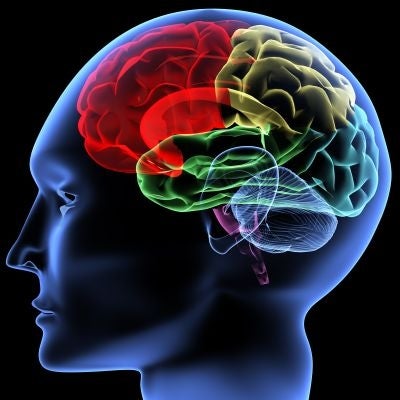Your support helps us to tell the story
From reproductive rights to climate change to Big Tech, The Independent is on the ground when the story is developing. Whether it's investigating the financials of Elon Musk's pro-Trump PAC or producing our latest documentary, 'The A Word', which shines a light on the American women fighting for reproductive rights, we know how important it is to parse out the facts from the messaging.
At such a critical moment in US history, we need reporters on the ground. Your donation allows us to keep sending journalists to speak to both sides of the story.
The Independent is trusted by Americans across the entire political spectrum. And unlike many other quality news outlets, we choose not to lock Americans out of our reporting and analysis with paywalls. We believe quality journalism should be available to everyone, paid for by those who can afford it.
Your support makes all the difference.University of Oxford scientists have discovered a method to improve a person's math abilities without affecting other cognitive functions. How? By applying a barely perceptible electric current to the brain.
Published online on November 4 in journal Current Biology, the findings describe using a "noninvasive method" known as transcranial direct current stimulation (TDCS). The scientists pass a mild electric current (barely enough to light a lightbulb) through the skull into the brain's parietal lobe, where numbers are processed. The effect lasts about six months.
"I am certainly not advising people to go around giving themselves electric shocks," said Roi Cohen Kadosh, a scientist at the University of Oxford involved in the research, in a November 4th news release. "Electrical stimulation will most likely not turn you into Albert Einstein, but if we're successful, it might be able to help some people to cope better with maths."
The research could help treat the nearly 20 percent of the population with moderate to severe dyscalculia (math disability), and could probably help students in other subjects as well.
In the research, patients were asked to learn new symbols to represent numbers, then, while they were on TDCS, they were asked to organize the numbers. Participants whose brains were being stimulated demonstrated an improved ability to perform the task. Interestingly, when tested again six months later, they performed just as well.
Oxford scientists say the next trials will involved patients who have lower-than-average math skills.
Past research using TDCS has shown that in healthy volunteers the technique can improve a subject's ability to generate a list of words. Past and ongoing studies have also explored its potential to treat depression, modify pain perception, and improve working memory.
To read the report: http://www.cell.com/current-biology/fulltext/S0960-9822%2810%2901234-0

Join our commenting forum
Join thought-provoking conversations, follow other Independent readers and see their replies
Comments